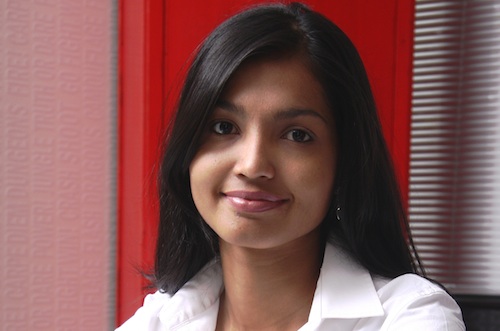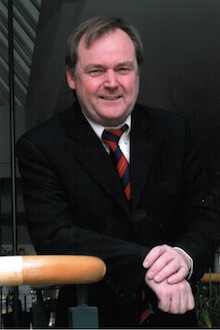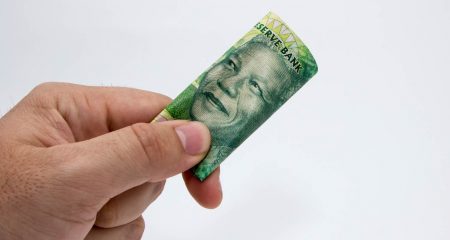
The Business Software Alliance (BSA) and the SA Federation Against Copyright Theft (Safact) want the Copyright Act changed to allow for SA courts to impose much tougher penalties against software pirates.
They say the existing penalties — up to R5 000 per copy of pirated software — are not sufficient to discourage criminals.
BSA legal adviser Warren Weertman says the penalties prescribed in the Copyright Act of 1978 need to be updated. “In Australia, the fine is about A$90 000 per illegal copy,” he says. “In the late 1970s, when the Copyright Act was written, R5 000 may have been a deterrent, but it’s not anymore.”
The other problem, Weertman says, is that the act requires software companies to prove they are the rightful owners of the copyright.
“You literally have to prove who programmed the product to the courts and show that the work is original,” he says. “We need to find a way of streamlining things, of making it less burdensome.”

Safact CEO James Lennox concurs, saying a number of amendments are required to clamp down on pirates. “The penalties have not kept pace with the returns the criminals are enjoying,” he says.
“Criminals are making a lot of money and the cost and risk to them is fairly low. With court cases taking so long, they can continue making money and those illicit earnings then fund their defence and any penalties they have to pay.”
Game developers have a particularly short period of time in which to recoup their investments after their products goes on sale, sometimes as little as two weeks, Lennox says. Yet, a court case can take up to five years.
“The onus is always on owners and rights holders to prove it’s their product,” Lennox says. “They spend vast amounts of money proving such rights.”
He says this is complicated by the fact that the department of trade & industry has failed to ratify a World Intellectual Property Organisation-sponsored treaty that deals with piracy on the Internet.
“Everyone says the industry must keep up with technology, and it’s trying to, but the law must also keep up with the environment in which we’re operating.”
Though the tax authorities and the SA Police Service work closely with Safact and the BSA to clamp down on pirates, policy makers in government haven’t been as proactive in ensuring the law keeps pace, he says.
“Policy formulation is being done in a vacuum. Neither the ANC nor the government has an overall policy on intellectual property.”
He says the department of trade & industry has dragged its feet and ignored proposals for amendments to the Copyright Act and the Counterfeit Goods Act.
Lennox says this is troubling, as it could scare away investment in SA’s creative industries.
“I don’t think there’s an appreciation of the value of these industries, not only for Hollywood and the big international software companies, but also the opportunities for the local film, music and software industries.”
Though piracy levels have stabilised in SA in recent years — the BSA says about one in three software programs is pirated — Weertman says there is still a worrying trend for businesses to use stolen software rather than incur higher costs.
“The SA mentality is, if we can get something for free, we will. The perception a lot of the time is that Microsoft is rich enough, Bill Gates has made his money, so if I just take these three copies of Windows or Office, it’s not going to cost them anything because they’re already multimillionaires. It becomes the mindset of consumers and businesspeople.”
BSA chairman Charl Everton says she is hopeful the situation will improve. She says there have been encouraging signs from the department of trade & industry in recent months. “There has been a change. They’re more receptive to listening to us,” she says. — Duncan McLeod, TechCentral
- Subscribe to our free daily newsletter
- Follow us on Twitter or on Facebook




